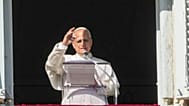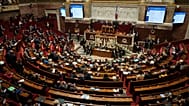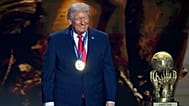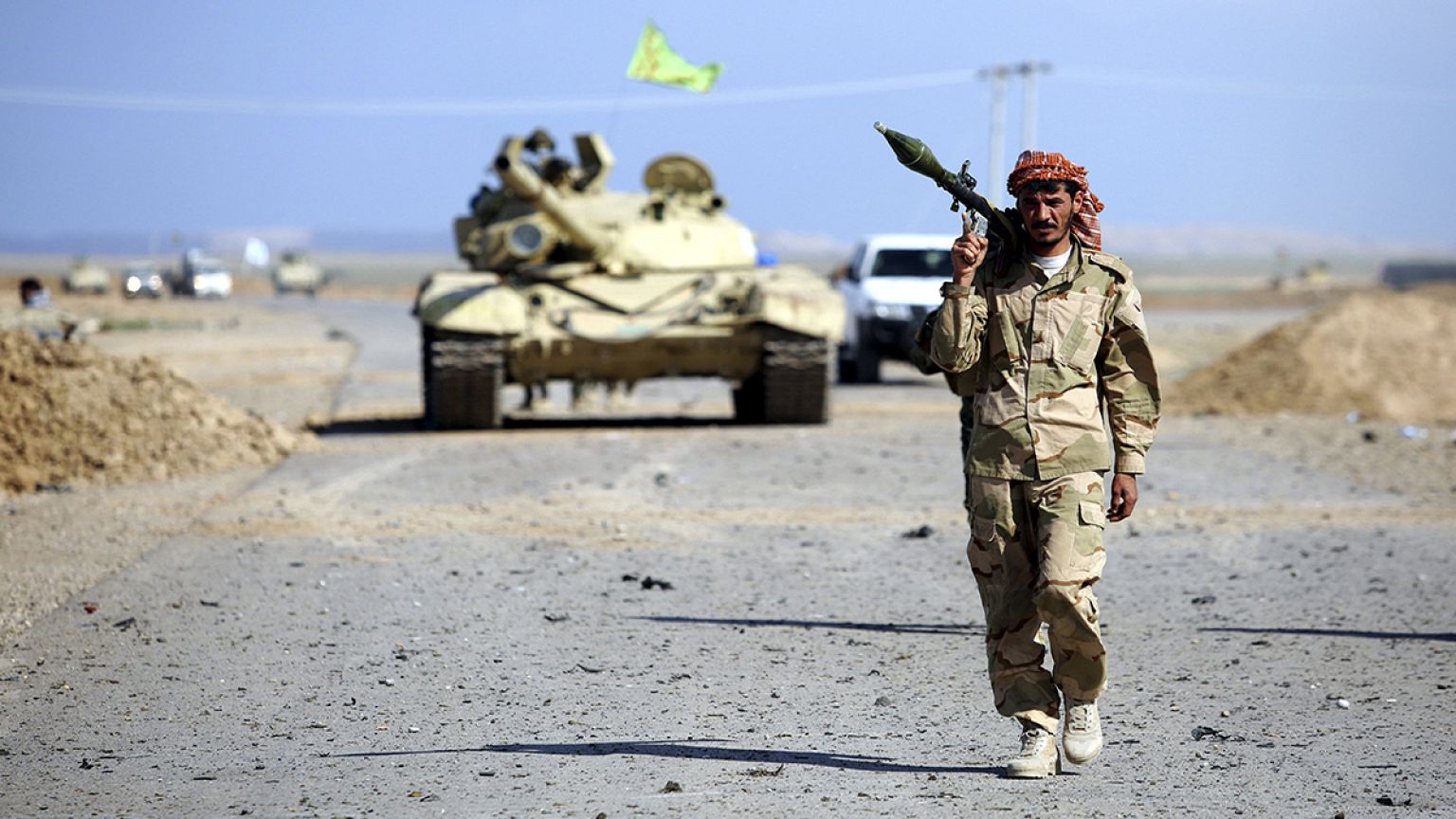As Iraqi forces close in on the strategic city of Tikrit, they are not battling ISIL alone. Government troops are backed by a small contingent of
As Iraqi forces close in on the strategic city of Tikrit, they are not battling ISIL alone.
Government troops are backed by a small contingent of Sunni fighters but also by Shi’ite militia supported by Shi’ite Iran.
The Islamic Republic’s role is causing deep unease among remaining civilians in Saddam Hussein’s birthplace, many of whom fear their Shi’ite liberators more than the jihadists occupying the Sunni city.
And Iran’s influence could spread, with Mosul the next big target for Iraqi forces and their Shi’ite militia allies. It is thought an assault to recapture Mosul from ISIL could begin as early as April.
Iranian Revolutionary Guard commander Qassem Soleimani is said to be partially coordinating the current offensive.
From regional rival Saudi Arabia to Republican former US Presidential hopeful John McCain, Iran’s role in the battle for Tikrit and growing influence in Iraq is causing concern.
In order to analyse Iran’s military participation in an operation aimed at capturing Tikrit from ISIS forces, euronews talked to Dr. Houchang Hassan-Yari, Professor of Political Science at the Royal Military College of Canada.
Maria Sarsalari, Euronews:
“Even during its eight-year war with Iraq, (1980-1988), Iran would, perhaps, not ever have imagined being so close to Saddam Hussein’s hometown, Tikrit. Now Iran is joining the Iraqi forces in an operation to recapture Tikrit. How big is Iran’s military presence in Iraq and, particularly, for this operation?”
Houchang Hassaan-Yari:
“There is no exact information regarding the strength of the force but what is important and evident, is that the Iranians are commanding a great part of this operation. This is done via the presence of Commander Ghassem Soleimani or other commanders and forces of the Islamic Revolutionary Guards Corps. Therefore, we can say that the IRGC carried out most of this operation.”
Euronews:
“Now that this force has been put together, does it have the capability to force ISIS out of Tikrit?”
Houchang Hassaan-Yari:
“If we look at the numbers, it will be possible. It has been estimated that there are some 30,000 troops involved. This 30,000 figure is very important and, along with these forces, there are those who have come to help, be it the Lebanese Hezbollah, the IRGC, etc. Therefore, in terms of numbers, they should be able to win.
However, we should see if these forces are combat-capable or not. A large part of these forces are mobilized forces, civilian untrained forces and those who have entered this war based on their beliefs. It remains to be seen who will win this ideological war, because there are ideologically-motivated forces amongst ISIS, too. We should wait and see how these two forces fight and which of them will win the battle.”
Euronews:
“What if it turns into a war of attrition?”
Houchang Hassaan-Yari:
“If this turns into a war of attrition, it would mean more casualties on the side of the Iraqi forces because they outnumber ISIS. Probably the more important issue will be that the ability or the inability to conquer Tikrit, will be a very clear sign about what will happen in Mosul. “
Euronews:
“The US General Commander who oversees US forces in the Middle East has said that his men have not been coordinating with Tehran but he has said that the Americans have been monitoring Iran’s activities. Can we conclude that, in an unspoken agreement, the United States has practically handed over that part of the problem or the ground operations to Iran?”
Houchang Hassaan-Yari:
“This is definitely the case. The important thing is that there has been fighting involving the Iranian and the American forces which means that such a coordination exists. The issue you mentioned in the second part of your question which is very important: has the United States handed the ground operations over to Iran? It has definitely done so.
This is because the US is not willing to involve its ground troops in Iraq and Syria so it welcomes any other forces, be they Iranian, Iraqi or Peshmerga fighters, as such participation helps the US in its ultimate strategy of defeating ISIS.”















